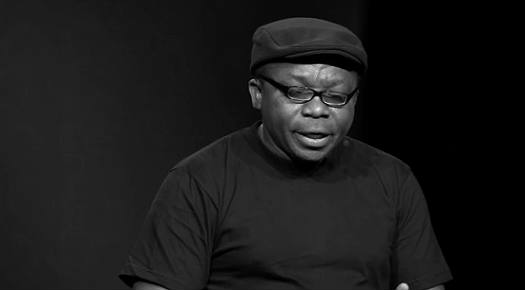
Dr. Leo Igwe in AllAfrica states that the influence of religion on education and learning within Nigeria is net negative.
Dr. Igwe talks about the ways in which the religious organizations within the country formed the construction and foundation of educational institutions throughout Nigeria. He notes the Christian and Islamic proselytizers introducing formal educational institutions within Nigeria.
“In fact, today over 80 per cent of the private schools in the country are owned or managed by mainly Christian and Islamic religious individuals or groups. However, little attention has been paid to the negative effects of religion on the educational system, especially the fact that religion undermines academic programmes,” Igwe said.
The almost mandatory incorporation of religion into education has been at times non-promotional of good performance in academics. That is, the religious texts, and so on, restrict good teaching and repress knowledge about the world.
Igwe said, “Recently, students from some universities across Nigeria responded to interview questions on the state of religion and free thought on the campuses. According to one student, campus religiosity had become a nuisance to the environment ... Actually, universities have sections in their premises where places of worship could be constructed.”
The questions remain, however, and Igwe ponders about the reasons for universities, or postsecondary institutions in general, that have not created further order in the institution with the obstructions to student learning, with the places of worship causing nuisances of various forms for different students of different faiths and non-faiths.
Igwe continued, “University authorities should be able to demarcate and ensure a separation between prayer and study/reading/lecture halls. But a student pointed out that such a measure could not be taken because many university lecturers were usually behind these prayer meetings.”
Religion and education in one seems unhealthy. One student connected the highly religious nature of the students to the post-secondary institutions’ management also holding deep religious faiths. Then the bias gets replicated throughout employment and admission into the universities.
Religion gets free reign and range for expression and proselytization in these contexts. There is a correlation between the level of religiosity on campus and the amount of noise pollution.
“In fact, some students observed that the noise that emanated from students religious observance could not allow others to adequately prepare for their examinations. The noise from the prayer grounds won't even let students who have come to study understand anything,” Igwe explained.
Then many students do not perform as well in their academics as they could have otherwise. Many students argued that there will be a viable future for atheism and freethought in the campuses in Nigeria, which seems like an optimistic sign for the young Nigerians in the educated classes.
“Religion is used to sanctify lack of academic diligence and intellectual laziness,” Igwe said, “Students noted that this kind of reasoning was rampant and that the spread of atheistic viewpoints would at least mean fewer people subscribing to this mediocre way of thinking; otherwise the university would keep producing half-baked graduates.”
Igwe laments the low ranking of the Nigerian universities compared to the rest of the world and the low-quality graduates coming out of its postsecondary institutions. He views the religious climate as part of the problem.
Where a potential remedy may be the inclusion of the room for freethought for freethinkers and atheists on the campuses, he views the university being full of intellectuals in the 21st century who are highly religious to be “unbelievable!”
Further details in the article link to AllAfrica replication of The Guardian article.
Photo Credits: Patheos
